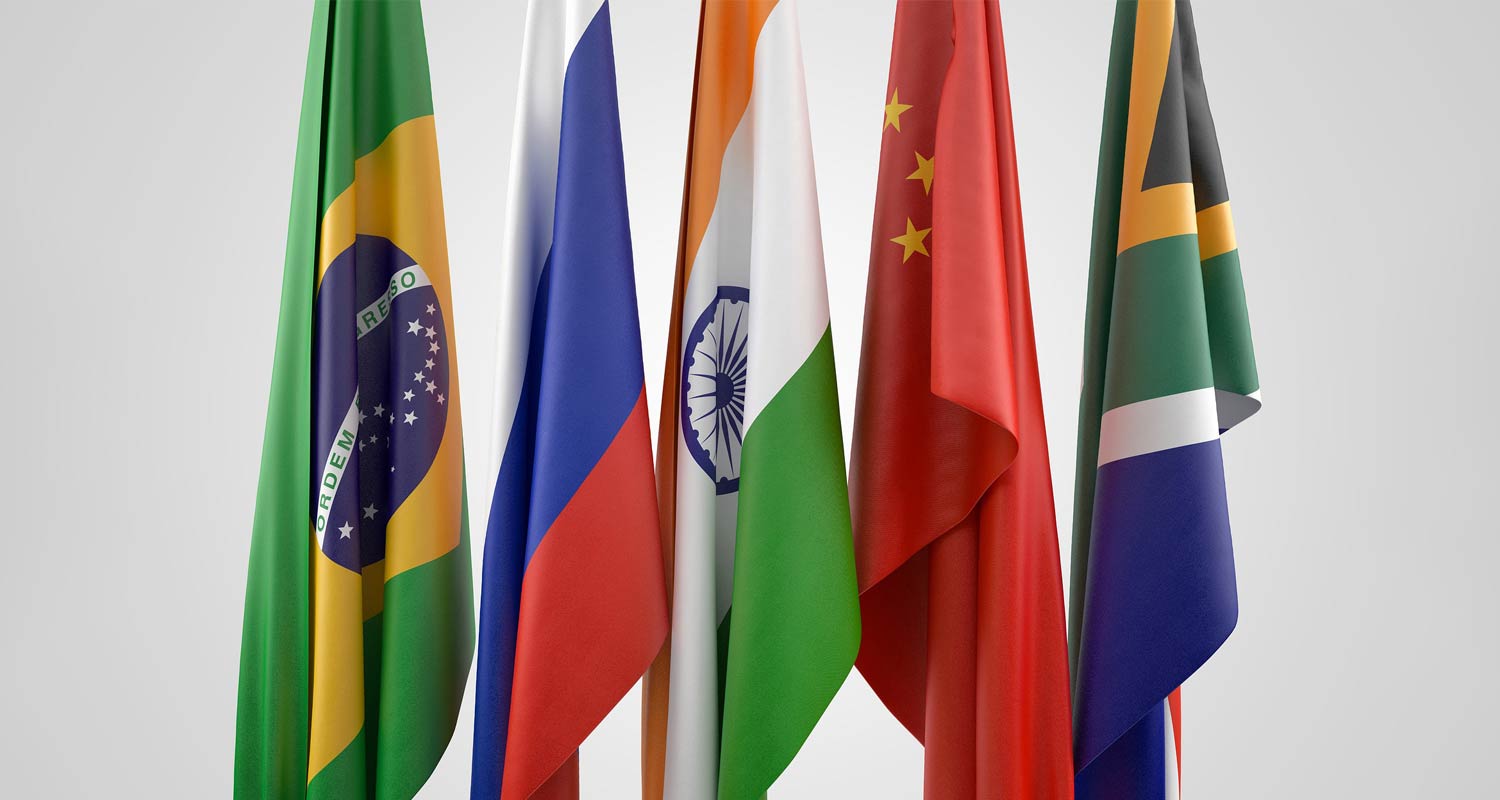Try our mobile app

American President Donald Trump said the US will impose an additional 10% tariff on any countries aligning themselves with the “anti-American policies” of the Brics group of developing nations, whose leaders kicked off a summit in Brazil on Sunday. In response, a South African trade ministry spokesman said the country is not anti-American and still wants to negotiate a trade deal with the US. South Africa has been trying to negotiate a trade deal with Trump’s administration since May, when Trump hosted President Cyril Ramaphosa for talks in the White House. “We still await formal communication from the US in respect our trade deal but our conversations remain constructive and fruitful,” trade ministry spokesman Kaamil Alli said. “As we have communicated previously, we are not anti-American.” We still await formal communication from the US in respect our trade deal but our conversations remain constructive With forums such as the G7 and G20 groups of major economies hamstrung by divisions and the disruptive “America First” approach of the US president, the Brics is presenting itself as a haven for multilateral diplomacy amid violent conflicts and trade wars. In a joint statement from the opening of the Brics summit in Rio de Janeiro released on Sunday afternoon, the group warned the rise in tariffs threatened global trade, continuing its veiled criticism of Trump’s tariff policies. Hours later, Trump warned he would punish countries seeking to join with the grouping. “Any Country aligning themselves with the Anti-American policies of BRICS, will be charged an ADDITIONAL 10% Tariff. There will be no exceptions to this policy. Thank you for your attention to this matter!” Trump said in a post on Truth Social. Trump did not clarify or expand on the “anti-American policies” reference in his post. ‘Retaliatory tariffs’ Trump’s administration is seeking to finalise dozens of trade deals with a wide range of countries before his 9 July deadline for the imposition of significant “retaliatory tariffs”. The original Brics group gathered leaders from Brazil, Russia, India and China at its first summit in 2009. The bloc later added South Africa and last year included Egypt, Ethiopia, Indonesia, Iran and the United Arab Emirates as members. Saudi Arabia has held off formally joining, according to sources, while another 30 nations have expressed interest in participating in the Brics, either as full members or partners. Indonesia’s senior economic minister, Airlangga Hartarto, is in Brazil for the Brics summit and is scheduled to go to the US on Monday to oversee tariff talks, an official said. India’s foreign ministry did not immediately respond to a request for comment. Read: South Africa, China sign power deals at Brics summit In opening remarks to the summit earlier, Brazilian President Luiz Inacio Lula da Silva drew a parallel with the Cold War’s Non-Aligned Movement, a group of developing nations that resisted joining either side of a polarised global order. “Brics is the heir to the Non-Aligned Movement,” Lula told leaders. “With multilateralism under attack, our autonomy is in check once again.” President Cyril Ramaphosa at a Brics summit in 2023. Image: GCIS Brics nations now represent more than half the world’s population and 40% of its economic output, Lula noted in remarks on Saturday to business leaders, warning of rising protectionism. Expansion of the bloc has added diplomatic weight to the gathering, which aspires to speak for developing nations across the Global South, strengthening calls for reforming global institutions such as the United Nations Security Council and the International Monetary Fund. “If international governance does not reflect the new multipolar reality of the 21st century, it is up to Brics to help bring it up to date,” Lula said in his remarks, which highlighted the failure of US-led wars in the Middle East. Russian President Vladimir Putin is attending online due to an arrest warrant from the ICC Stealing some thunder from this year’s summit, Chinese President Xi Jinping chose to send his premier in his place. Russian President Vladimir Putin is attending online due to an arrest warrant from the International Criminal Court related to his war in Ukraine. Still, several heads of state were gathered for discussions at Rio’s Museum of Modern Art on Sunday and Monday, including Indian Prime Minister Narendra Modi and South Africa’s Ramaphosa. — Sfundo Parakozov, Lisandra Paraguassu and Manuela Andreoni, (c) 2025 Reuters Get breaking news from TechCentral on WhatsApp. Sign up here . Don’t miss: Brics bloc to add 6 new members